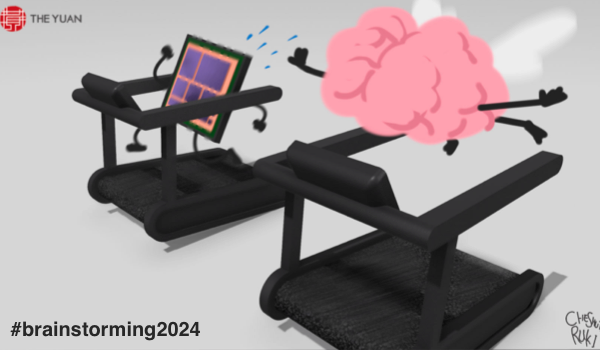


DELAWARE - Governments and all their branches are under enormous pressure to catch the bandwagon of fast-moving digitalization, and to secure their seats in the global information revolution. In particular, the legal and judicial sectors have historically trailed other sectors when it comes to going digital, fostering automation, and gaining information dominance.
However, this is slowly changing as civil, criminal, and economic judicial institutions around the world - both public and private - are waking up to the fact that there are huge volumes of data and information waiting to be taken advantage of, although they have still to comprehend or reap the benefits of adopting an evidence-based mindset, or to grasp the true cost of failing to adapt to the rising tides of digitalization and digital transformation.
Artificial intelligence (AI), or intelligence furnished by machines - as opposed to by humans - relies to a greater extent on digital litigative contents embedded in legal case management systems, documents archiving systems, court digital recordings, and others to fuel the demand for intelligence and automation. With so much diverse structured, semi-structured and unstructured data, AI has emerged as a viable and powerful technological tool that promises a transformational impact on the way judges, lawyers, and members of the judicial ecosystem as a whole process legal cases, transcribe court hearings and reach final resolutions and/or carry on with the mediation process. In short, AI is helping to shape the future digital and autonomous courts of tomorrow.
AI in early stages of case filing
Natural language processing (NLP) and computer vision - two fields of AI that can be combined to give machines the ability
The content herein is subject to copyright by The Yuan. All rights reserved. The content of the services is owned or licensed to The Yuan. Such content from The Yuan may be shared and reprinted but must clearly identify The Yuan as its original source. Content from a third-party copyright holder identified in the copyright notice contained in such third party’s content appearing in The Yuan must likewise be clearly labeled as such. Continue with Linkedin
Continue with Linkedin
 Continue with Google
Continue with Google







 939 views
939 views










